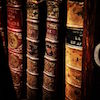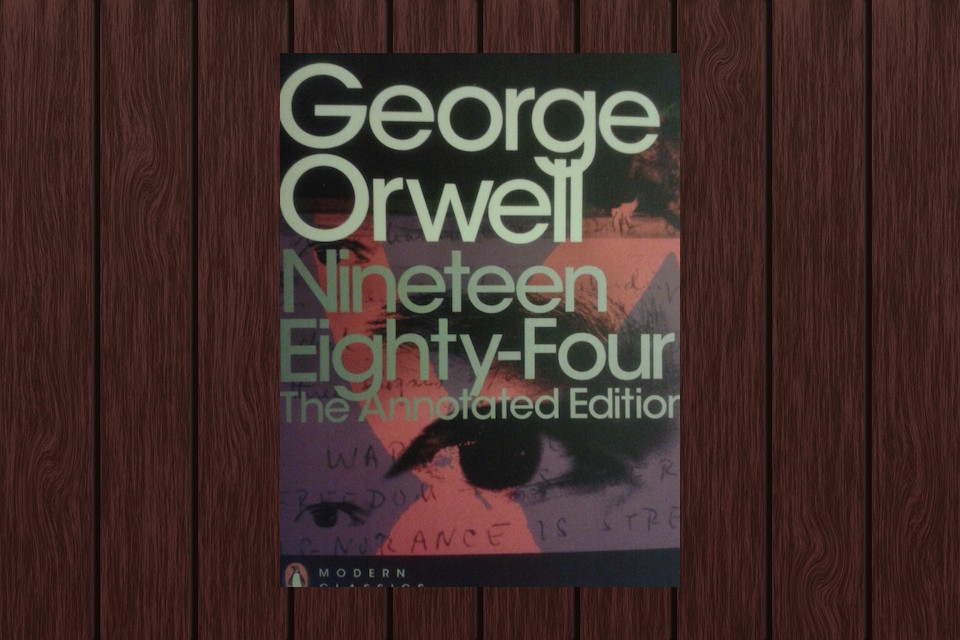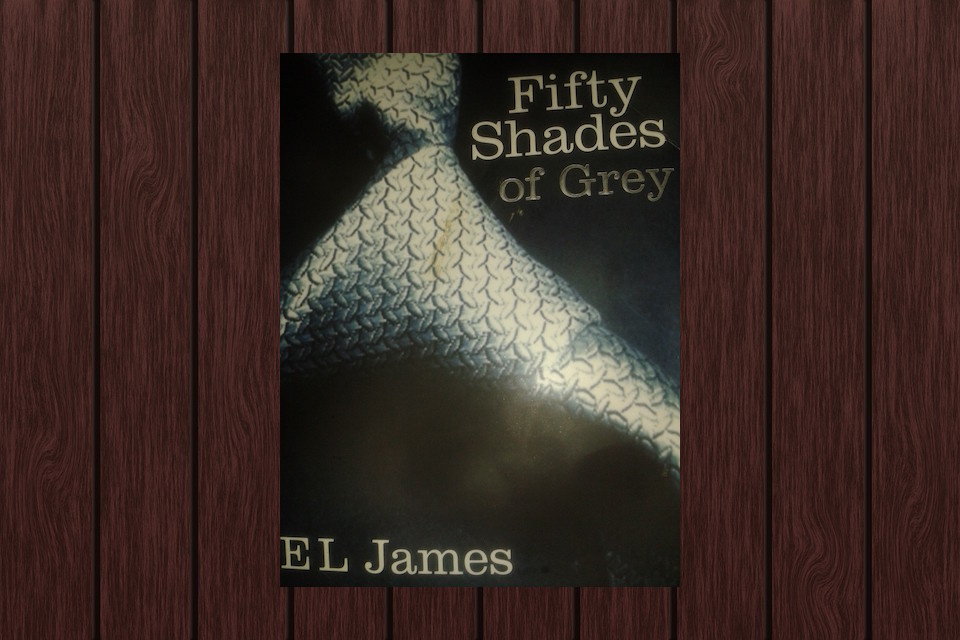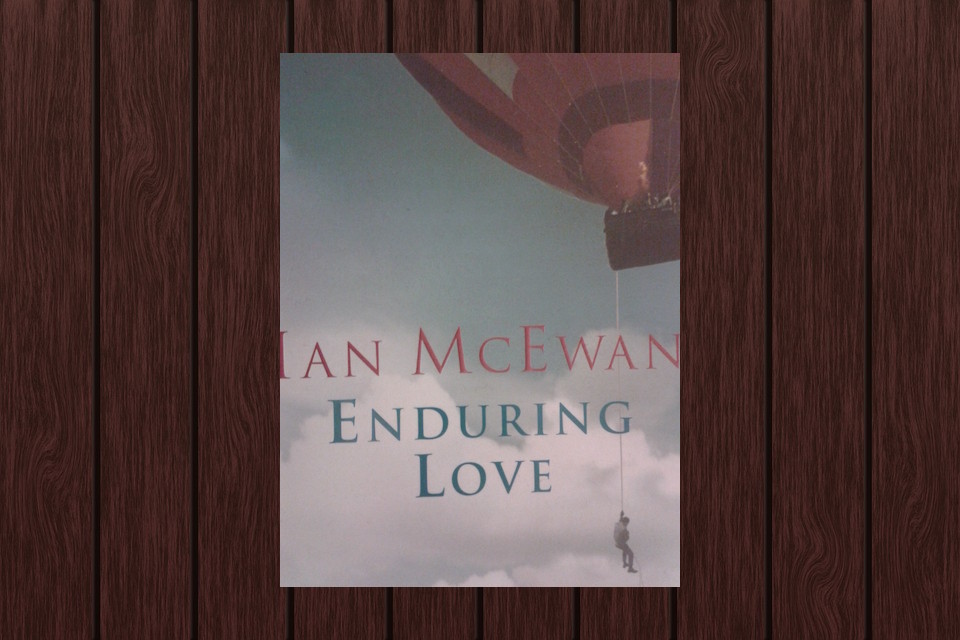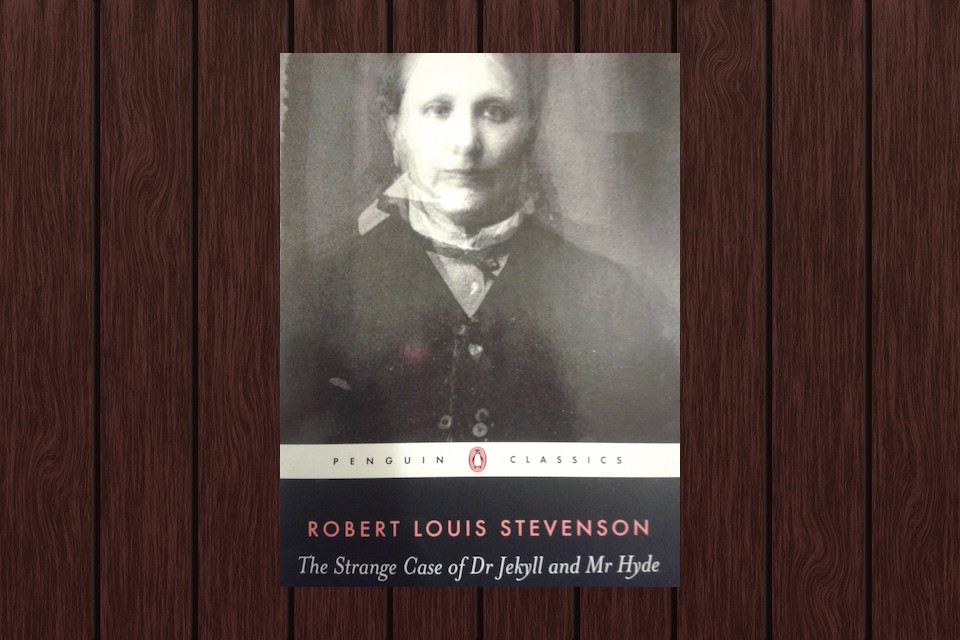
O my poor old Harry Jekyll, if ever I read Satan’s signature upon a face, it is on that of your new friend.
A harrowing, gripping tale of murder, mystery, psychological turmoil and suspense – a fin-de-siecle novelette of impact, significance and sheer horror – Jekyll and Hyde is a ‘shilling shocker’ that you won’t forget. There are many reasons why the novel is so acclaimed, so accoladed, so adapted, and these are to do with its eeriness, with its timelessness and, well, its unputdownable, page-turning influence. We read a novel to be entertained, we read a novel to laugh or to cry, and we read a novel, perhaps, to be filled with that strange preceding-the-plunge-on-a-rollercoaster sensation (to feel that nervous tension and to wonder how our nerves will be calmed by a gratifying conclusion). Jekyll and Hyde does all of those things and ticks all of those boxes. That’s why it’s renowned.
We indeed get the sense of a then modern, surreal, distinctly gothic-horror that unfolds amidst the dimly lit, foggy, dark and Victorian streets of London. To overlook Stevenson’s depiction of the city – and of the setting – is to overlook precisely a fundamental ingredient of suspense in the gothic-horror novel. It is, in the first instance, an investigation into the human psyche and, in the second, a novel of crime. And so juxtaposed to the city’s gloom, so perfectly paired with its fog, is the cover of darkness – the ability to hide. Think Stoker’s Dracula, Shelley’s Frankenstein, or Wilde’s Portrait (for its debauchery) and you are on the right lines.
The dismal quarter of Soho seen under these changing glimpses, with its muddy ways, and slatternly passengers, and its lamps, which had never been extinguished or had been kindled afresh to combat this mournful reinvasion of darkness, seemed, in the lawyer’s eyes, like a district of some city in a nightmare.
There is, then, the prevalent theme of the streets of London, upon which innocent, still-screaming bodies are trampled and mangled, in addition to the awful, indecipherable crimes which boggle the mind and pique a certain intrigue in the light of their grotesque nature. There are – all the while – elements of the psychological, the supernatural and the liminal state between what it means to be human and what it means to be primally evil. In Jekyll, for instance, we encounter respectability, cleanliness, honesty and intelligence; in Hyde we collide with animalistic traits, evil and sin, and Stevenson’s careful juxtaposition of these is masterfully, idiosyncratically done. This culminates in a novel that stands the test of time for more reasons than one.
There will be a denouement that builds, builds and satisfies, leaving you both reeled and, at the same time, fully aware of what all the fuss is about.
